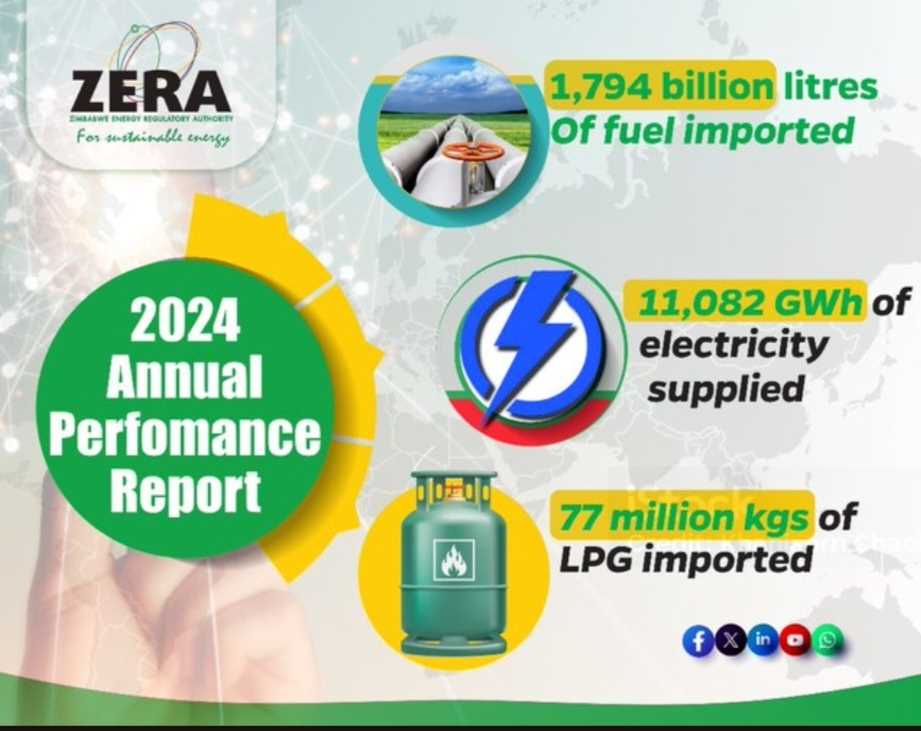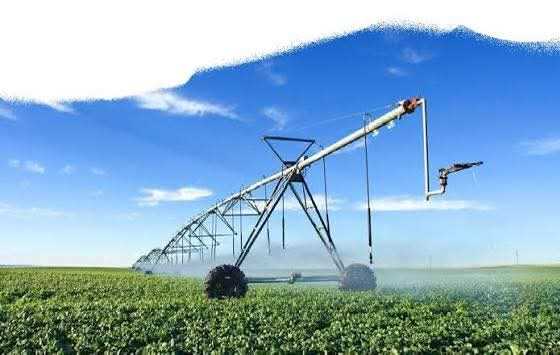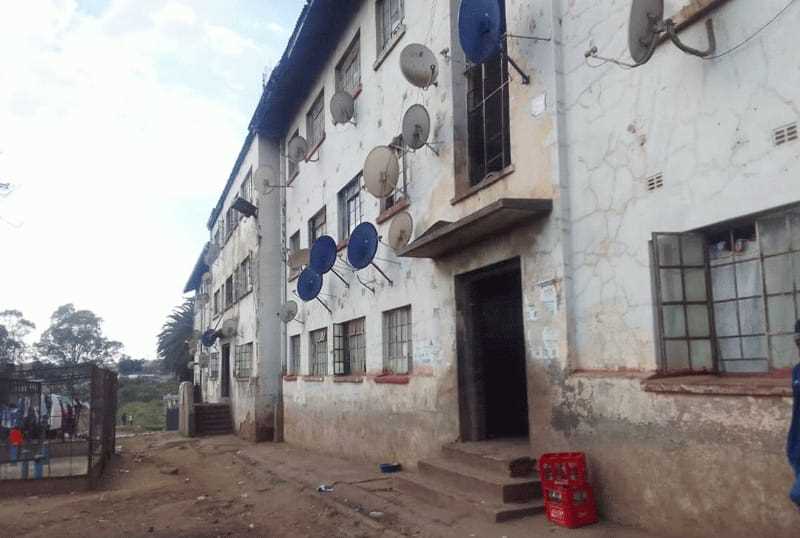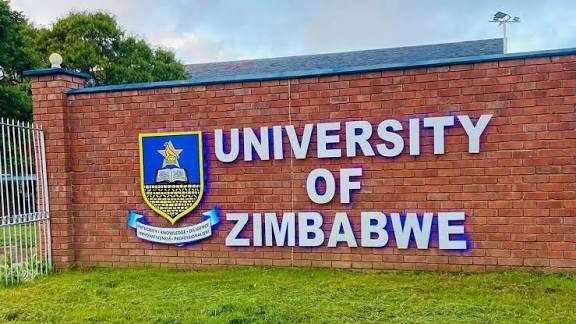
Oscar J Jeke – Zim Now Reporter
Zimbabwe imported 1.794 billion litres of fuel, 77 million kilograms of liquefied petroleum gas, and supplied 11,082 GWh of electricity in 2024, according to the latest Annual Performance Report released by the Zimbabwe Energy Regulatory Authority.
The figures reflect a significant increase in the country’s energy demand and growing reliance on both fossil and alternative energy sources to meet national needs.
ZERA stated that the high fuel import volumes demonstrate rising industrial and commercial activity, along with increased vehicle ownership and transportation demand. The sharp rise in LPG consumption highlights a continued shift by households and small businesses toward cleaner cooking energy amid frequent electricity outages.
"The report highlights key metrics that underscore the growth, diversification, and evolving consumption patterns within Zimbabwe’s energy sector," the authority said in a statement.
Electricity supply for the year totalled 11,082 gigawatt-hours, representing improved local generation and import performance compared to previous years, despite ongoing challenges in hydroelectric output at Kariba and inefficiencies at thermal power stations.
Meanwhile, the uptake of LPG surged to 77 million kilograms, driven largely by urban demand and ZERA’s ongoing efforts to promote clean energy alternatives.
Related Stories
However, the regulator also warned of the rise in illegal LPG distribution, with recent enforcement operations resulting in the confiscation and destruction of over 200 unlicensed gas cylinders.
Fuel imports, totalling 1.794 billion litres, continue to strain Zimbabwe’s foreign currency reserves but remain essential for powering the transport, agriculture, mining, and industrial sectors.
The increase comes amid sustained efforts by the government to stabilise the economy and improve infrastructure performance.
Energy analysts say the data reflects both economic recovery momentum and the mounting pressure on the country’s energy infrastructure to keep pace with demand.
The report also notes that ZERA intensified its licensing of new power producers in 2024, issuing 20 new electricity generation licences — 16 of them for solar projects, which are expected to add a combined 786 megawatts of capacity in the coming years.
ZERA said its strategic focus remains on enhancing energy access, supporting investment in renewables, and ensuring regulatory compliance to build a secure and sustainable energy future.
The report is expected to inform future government policy on energy pricing, infrastructure development, and private sector participation across the energy value chain.


















Leave Comments